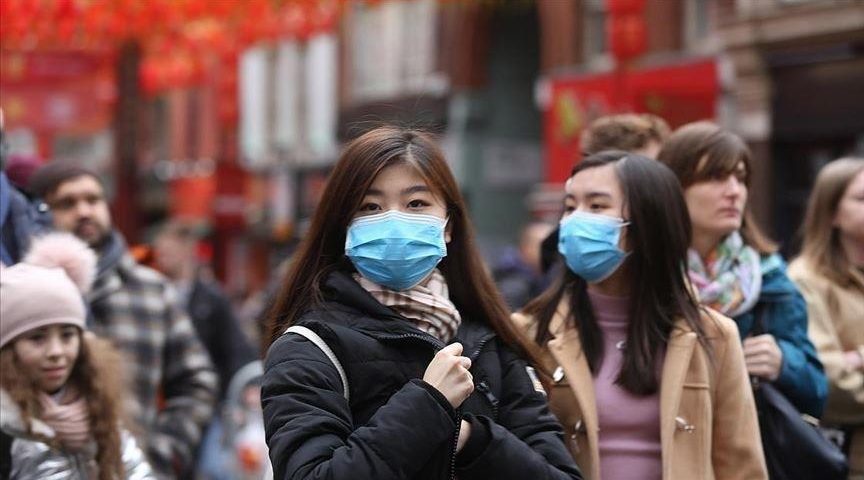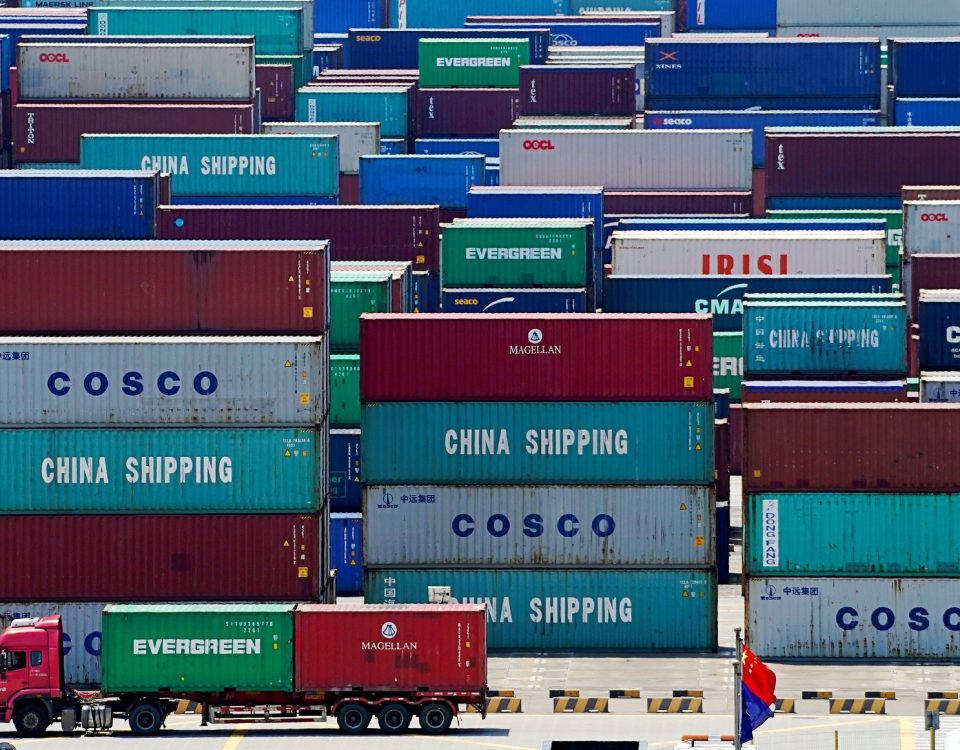China Reopens: China Details Measures to Upgrade Foreign Trade, Recover Economy
The trains are busy again. People walk leisurely along the Huang Ho River with delight in their eyes. The stores are open, and the lines are long. China reopens after two months of harsh lockdown.
China Details Measures to Stabilize Foreign Trade
During the past 60 days, China has restricted movements in 45 cities, deactivating half of its economy, including manufacturing powerhouses Shanghai and Shenzhen. Global companies such as Amazon and Alibaba have faced a tough choice — bear with the delays and suffer short-term losses, or explore sourcing alternatives in Asia.
Vietnam, the Philippines, Thailand, Cambodia, Malaysia, and Indonesia present themselves as manufacturing alternatives. Some possess advantages in the form of lower tariffs and may be considered for certain goods. However, none of them have the massiveness of China.
As China reopens, the world’s second-largest economy has detailed measures to upgrade foreign trade.
The country seeks to build up its services for key foreign trade enterprises. Measures will be in place to ensure unimpeded logistics for foreign trade cargos, writes the State Council guidelines.
Efforts will be made to boost cross-border e-commerce, and fiscal and financial support for foreign trade enterprises will be bolstered.
Online marketing efforts will be enhanced to help enterprises increase the volume of foreign trade transactions.
A new batch of demonstration zones will be fostered.
33 New Stimulus Measures
All in all, China has released 33 new stimulus measures to get its economy back on track.
Expansion of Tax Relief and Fee Reduction Policy
Small businesses are the lifeblood of the Chinese economy. They account for over half of the GDP and employ the majority of Chinese citizens. However, they are also the most vulnerable to disruption.
The policy outlines support packages for micro, small, and medium-sized enterprises (MSMEs) in 14 of the policy measures.
Expanding VAT Credit Rebate Policy
The policy increases the number of industries eligible for VAT credit rebates.
Currently, VAT credit rebates are available to MSEs in six industries, including:
Ecological protection and environmental governance
Electricity, heating, gas, and water production and supply
Manufacturing
Scientific R&D and technology services
Software and information technology services
Transport, logistics, warehousing, and postal
The policy package proposes to bring more industries into the fold, including:
Agriculture, forestry, animal husbandry, and fishery
Culture, sports, and entertainment
Education
Healthcare and social work
Hospitality and catering
Residential, repairs, and other services
Wholesale and retail
Deferring Social Security Premiums
All MSMEs in pandemic-hit sectors may defer payments of the three basic social security premiums – unemployment insurance, pension insurance, and work-related injury insurance.
This policy was previously introduced to five pandemic-hit sectors: catering, civil aviation, retail, transportation, tourism, and road, water, and railway.
The policy will now add 17 pandemic-hit industries.
Agricultural and non-staple foods processing
Chemical fiber manufacturing
Culture, arts, sports, and entertainment
General equipment manufacturing, automotive manufacturing, pharmaceutical manufacturing, and apparatus and measuring instrument manufacturing
Paper and paper products
Printing and recording media reproduction
Textiles and apparel
Radio, television, film, and recording production
Railway, marine, aerospace, and other transport equipment
Rubber and plastic products
Social work
Deferring Housing Provident Fund
Affected employers may apply for deferred payment of housing provident funds.
Deferring principal and interest repayment
Commercial banks are urged to defer payments of principals and interests on loans for MSMEs.
Stabilizing Investment
Boosting Infrastructure Spending
Measures for attracting and expanding foreign investment
Increasing Support for Small Businesses
The policy package aims to increase opportunities for small businesses and provide additional support for loans.
Increasing government purchasing support
Increasing loan support
Measures for Cutting Variable Costs
Utilities
Pandemic hit MSMEs may defer payment for
electricity, water, and gas for six months.
Bidding
Letters of guarantee can be used in place of cash to pay deposits for functions such as bidding, contract performance, and project quality.
Rent
MSEs in service industries that leased
state-owned properties can receive discounts for three to six months.
Measures for stabilizing investment
The policy package proposes a range of major infrastructure projects to be launched in 2022 to boost investment and economic activity.
These include:
Transport infrastructure
Water conservancy projects
Urban underground pipe galleries.
Measures for supporting specific industries
Automobile
The policy package includes measures to boost China’s slow car sales.
Aviation
Measures will be introduced to support the aviation industry, which was worst hit by the pandemic.
Logistics
The policy package aims to increase investment in logistics infrastructure.
Other measures
Boosting employment
Increasing coal quotas to ensure energy supply
Promoting the construction of new energy projects
Subsidies for farmers



